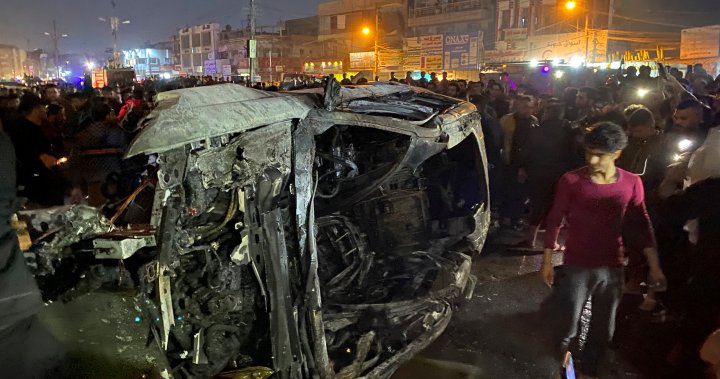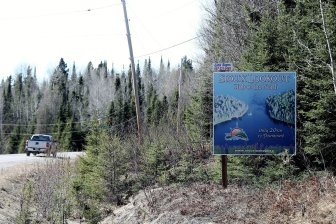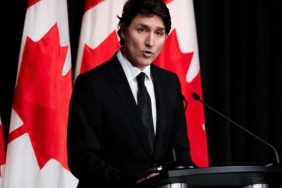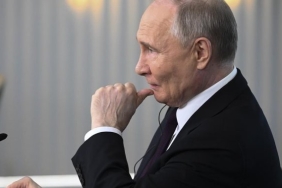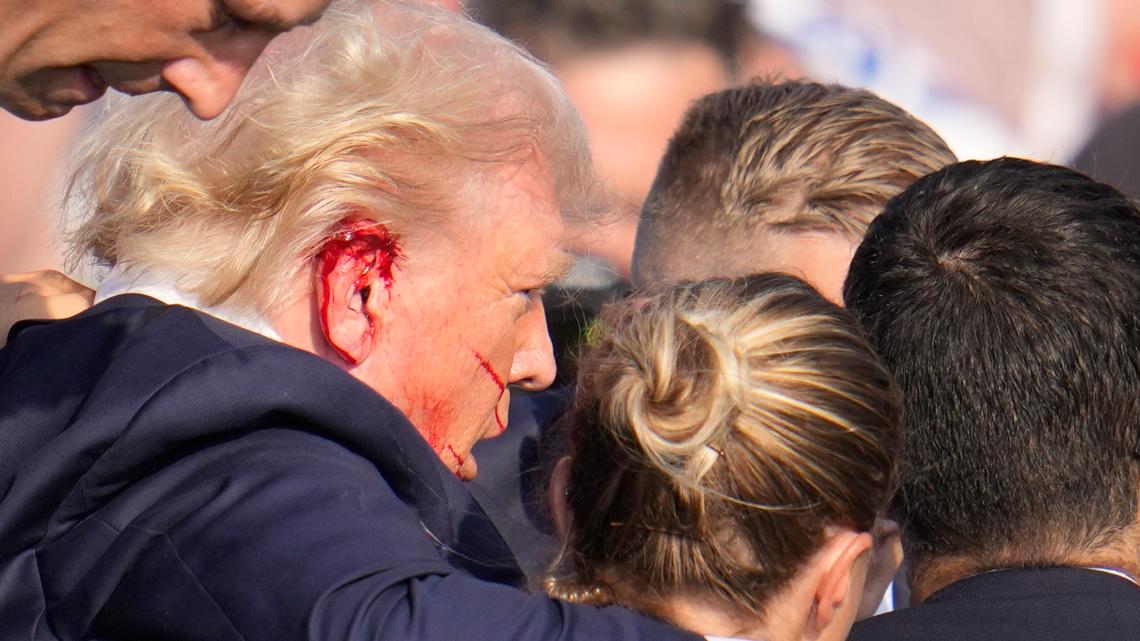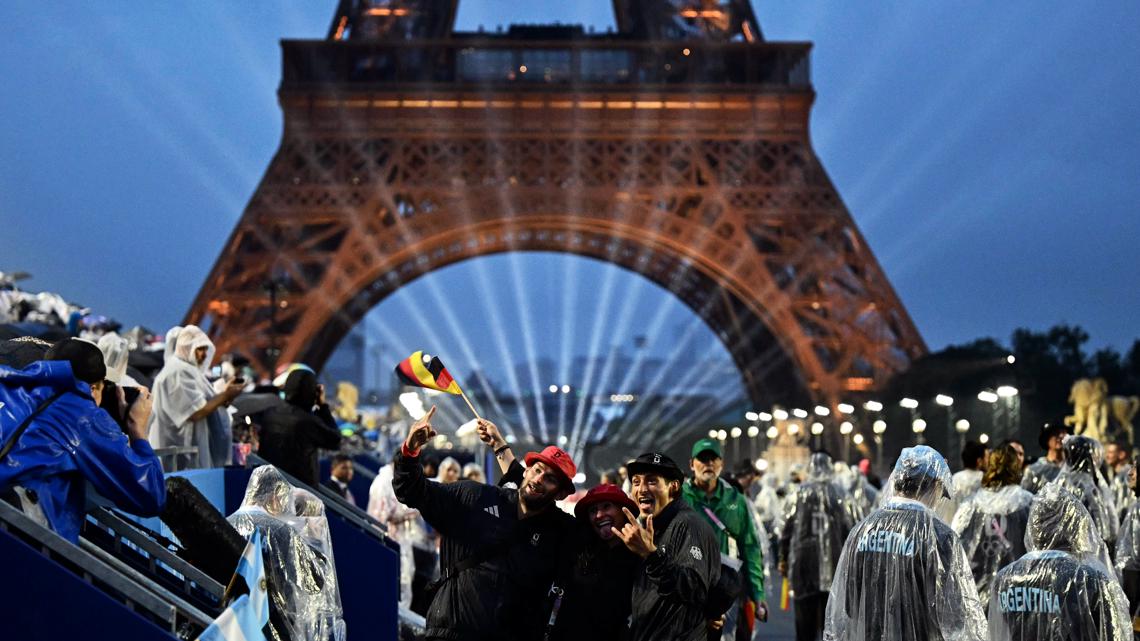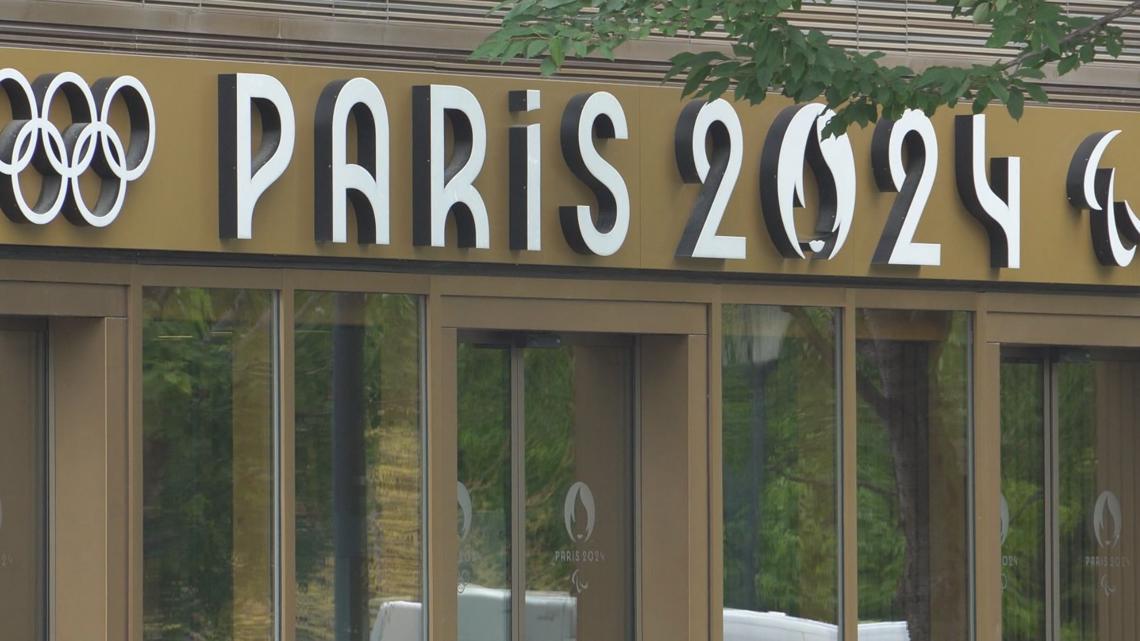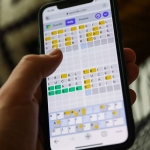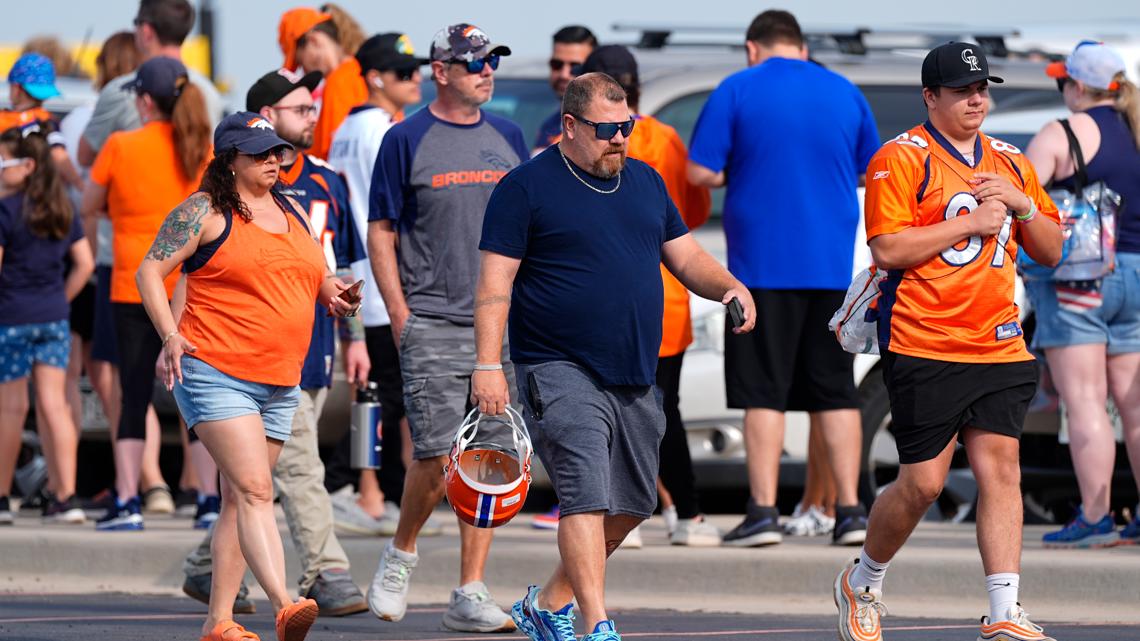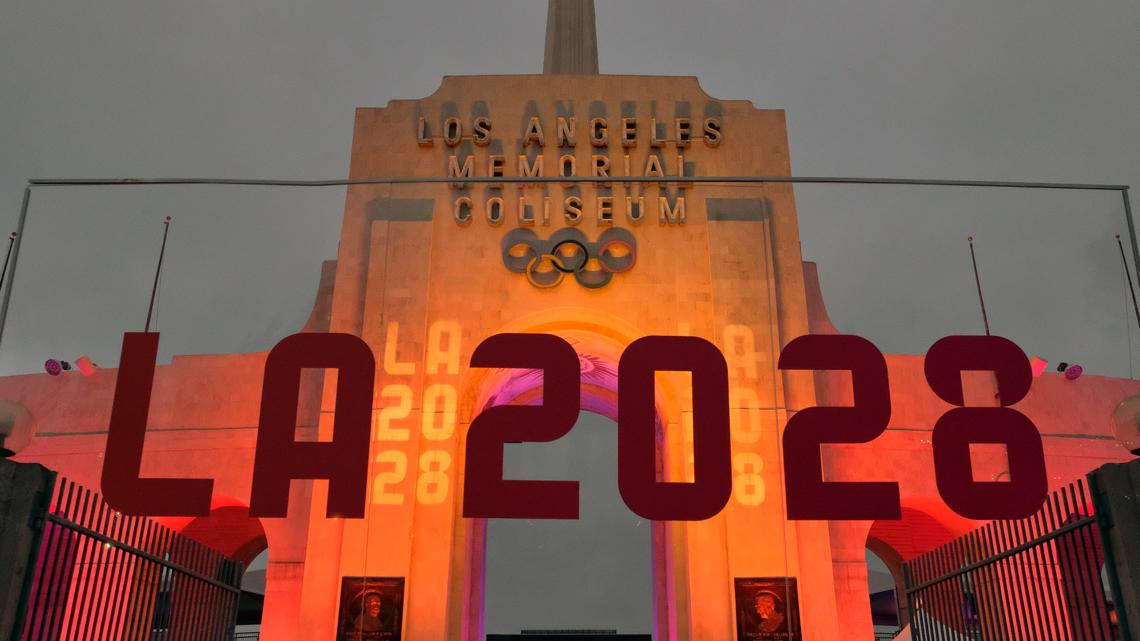A commander from Kataib Hezbollah, an Iran-backed armed group in Iraq that the Pentagon has blamed for attacking its troops, was killed in a U.S. strike on Wednesday, the U.S. military said.
“(U.S.) forces conducted a unilateral strike in Iraq in response to the attacks on U.S. service members, killing a Kataib Hezbollah commander responsible for directly planning and participating in attacks on U.S. forces in the region,” a statement from the military said. It did not name the commander.
It added that there were no indications of civilian casualties.
Two security sources, speaking on condition of anonymity, said the commander was Abu Baqir al-Saadi, killed in a drone strike on a vehicle in eastern Baghdad.
One of the sources said three people were killed and that the vehicle targeted was used by Iraq’s Popular Mobilization Forces (PMF), a state security agency composed of dozens of armed groups, many of them close to Iran.
The Associated Press also confirmed al-Saadi was among those killed, citing two officials with Iran-backed militias in Iraq who spoke on condition of anonymity because they weren’t authorized to speak to journalists.

Kataib Hezbollah fighters and commanders are part of the PMF. Three U.S. troops were killed in January in a drone attack near the Jordan-Syria border that the Pentagon said bore the “footprints” of Kataib Hezbollah. The group then announced it was suspending military operations against U.S. troops in the region.
Iraq and Syria have witnessed near daily tit-for-tat attacks between hardline Iran-backed armed groups and U.S. forces stationed in the region since the Gaza war began in October.
The U.S. struck Iran-backed groups in Iraq and Syria last weekend in what it said was just the beginning of its response to the killing of the three U.S. soldiers.
In January, a U.S. drone strike killed a senior militia commander in central Baghdad, an attack Washington said came in response to drone and rocket attacks on its forces.
On Wednesday, Iraqi special forces were on high alert in Baghdad and further units were deployed inside the Green Zone housing international diplomatic missions including the U.S. embassy, a security source said.

